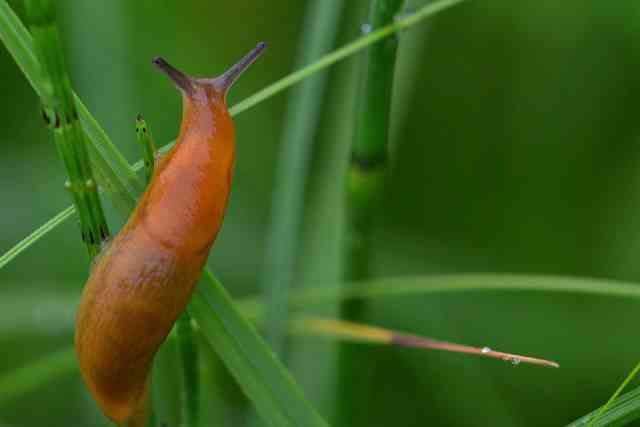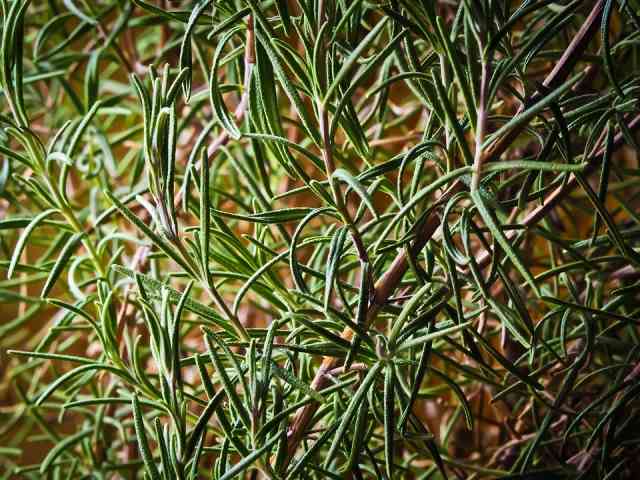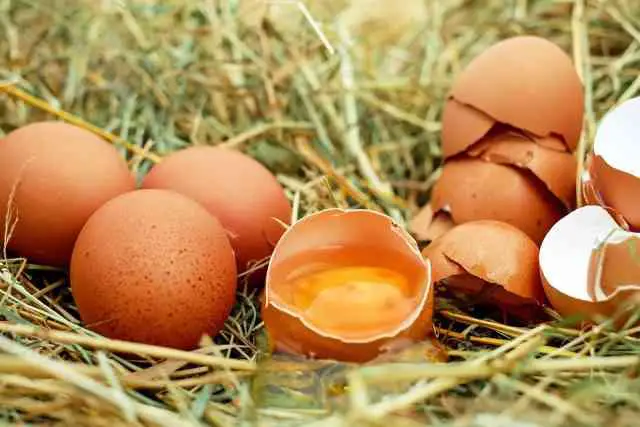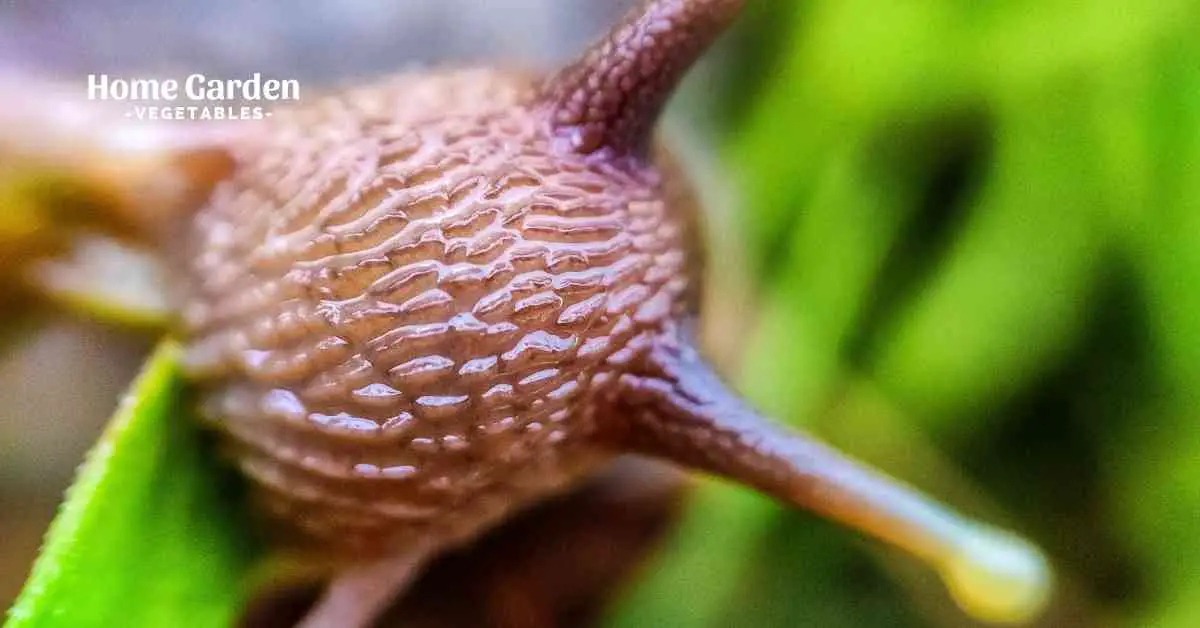Slugs are popular garden pests. Snail and slugs may be cute to some, but they will eat just about anything fresh or rotting that will come in their way. Once they invade your garden, they’ll eat pepper, lettuce, cabbage, spinach and almost every vegetable plant that you’ve been tending to for so long.
Before you start finding holes in leaves and fruit and completely consumed seedlings, don’t you want to find out how to keep slugs away from vegetable garden? Continue reading and you’ll learn some tried-and-tested techniques for keeping your garden free of these slimy, icky creatures.
Reader Poll: What online courses would interest you?

7 Tips To Keep Slugs Away From Vegetable Garden
The key to keeping out slugs from your vegetable garden is to create an inhospitable environment for them. Think in terms of why they visit your garden in the first place. They get water, shelter, and best of all, food in the form of all their favorite plants. If you were to turn the situation around somehow and create a surrounding that’s not so attractive to them, they’ll naturally keep away from your garden.
Water Early In The Morning
Slugs like wet conditions and move around easily on moist soil. We also know that the buggers are most active during nighttime. We can use this piece of information to our advantage and with just a little tweaking to the watering schedule, we can discourage slugs in the garden.
By watering early in the morning, you’ll ensure that the soil isn’t too moist by night to support slug activity. Since the soil has more time to dry out from morning until night, slugs will have a difficult time crawling their way to your plants.
Subscribe to our newsletter!
Get Rid Of Mulch
Another thing slugs receive from your garden is shelter. They feed by night and hide out under straw, hay, shredded leaves or plant debris that you may have on the soil around your plants. Getting rid of their hideouts decreases their likelihood of visiting your garden and attacking your plants.
If you want to use mulch to prevent plants from drying out, keep the layer shallow. A one-inch layer of wood chippings or sawdust is sufficient to keep the soil moist and deter slugs at the same time. Instead of grass clippings, hay, straw and shredded leaves, wood shavings and sawdust are a better choice since they are very dry and slugs can’t move over them easily.
Additionally, avoid using fresh grass clippings or leaves because slugs love feeding on decaying plant matter. Rake the garden bed in the fall to remove fallen leaves so your garden doesn’t offer more food to the slugs.
Seaweed Mulch
If you live near a beach, seaweed is easily accessible. Bring it to your garden as a natural slug repellent. Just chop the seaweeds and use it to mulch around the most vulnerable of your plants. The smell of iodine deters the slugs. Also, after the seaweeds dry out, they’re very rough for the slugs to crawl over them. In addition to keeping slugs away from your vegetable garden, seaweeds decay over time, adding nutrients to the soil and making it richer for your plants to thrive in.
Intelligent Companion Planting
While slugs love most vegetable crops you have in your garden, think of plants that slugs don’t like and bring them to your garden. In fact, there are many slug-repellent plants that offer a natural way to keep these slimy creatures at bay. Slugs don’t like the smell of astrantia. Planting these amidst your vegetable crops will keep out the slugs. Rosemary, fennel, mint, thyme, wormwood, anise, and garlic also deter slugs. Either plant these as a border around your vegetable plants or plant them amidst the vegetable plants randomly; they will create the same effect. Their strong fragrance will keep the slugs from visiting your garden.

Introduce And Encourage Natural Predators
Think of animals that feed on slugs and find ways to get them to your garden. Keeping backyard chickens or ducks is an excellent way of keeping the slug population down in the garden. Toads, newts, hedgehogs and birds also feed on slugs so encouraging these can help you manage slugs naturally. You can attract birds to the garden by installing a bird feeder and planting bright flowers around the garden.
Diatomaceous Earth
Diatomaceous earth deters slugs, so sprinkling the material around the vegetable plants will effectively keep the slugs out. The microscopic sharp edges of the powdered material are damaging to slugs, piercing through their bodies and dehydrating them, so naturally, slugs will avoid crawling over it. Since it only works when dry, you’ll need to reapply it after every rain. One more thing to know is that it also kills many beneficial insects, so you’ll want to use it with care.
Crushed Eggshells

Much like diatomaceous earth, crushed eggshells also have sharp edges and make it difficult for slugs to crawl over. Spread them around your vegetable plants to keep the slugs at bay. Since their efficacy isn’t affected by water, you won’t have to reapply them after rain. Also, as they decompose, they’ll add calcium and other nutrients to the soil making it more fertile for the plants.
Conclusion
Now that you know how to keep slugs away from your garden, try out at least some of these techniques in your garden to protect your vegetable plants against slug damage. Enjoy delicious, flawless fruit without finding any unsightly holes or bites that may take away your appetite.

